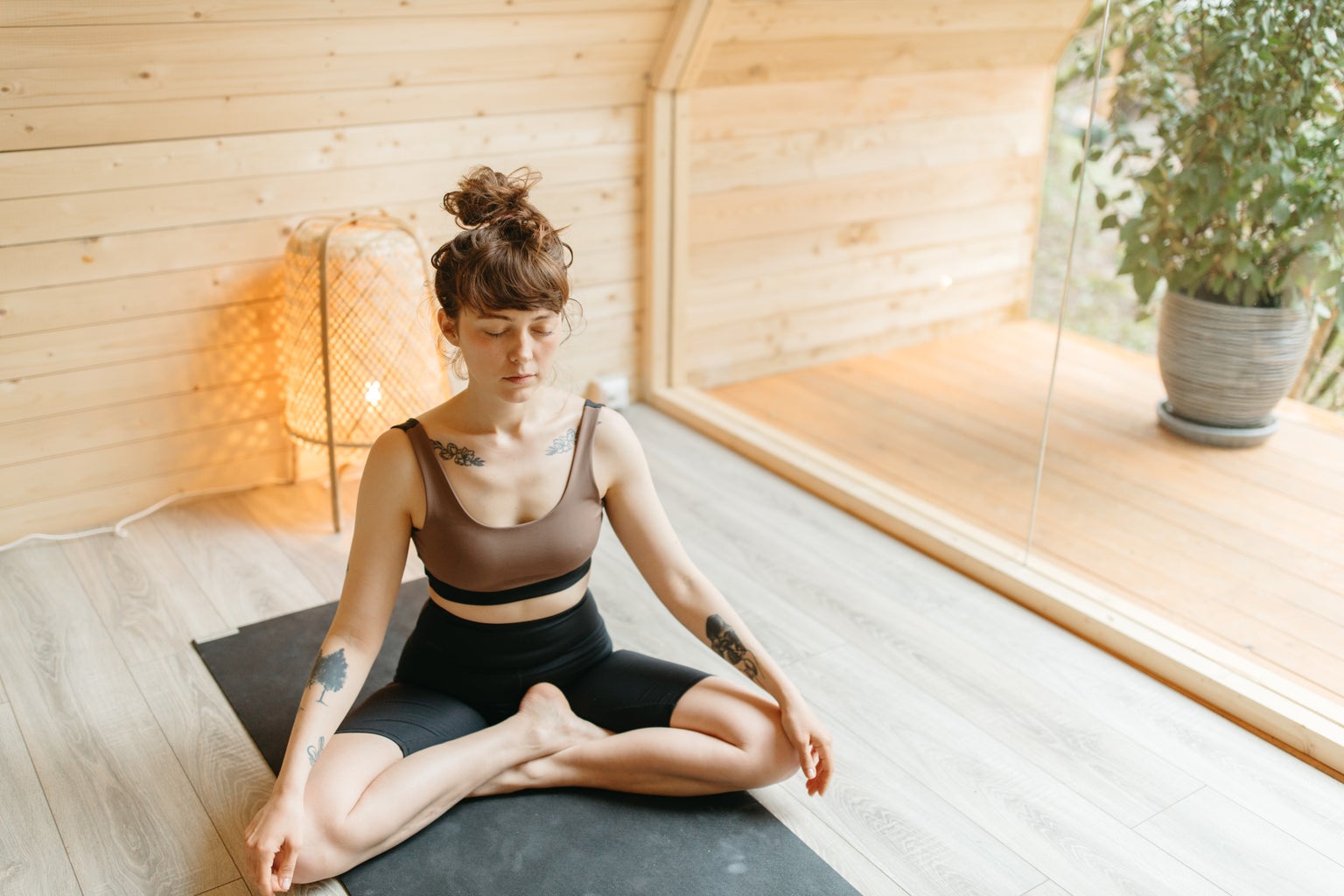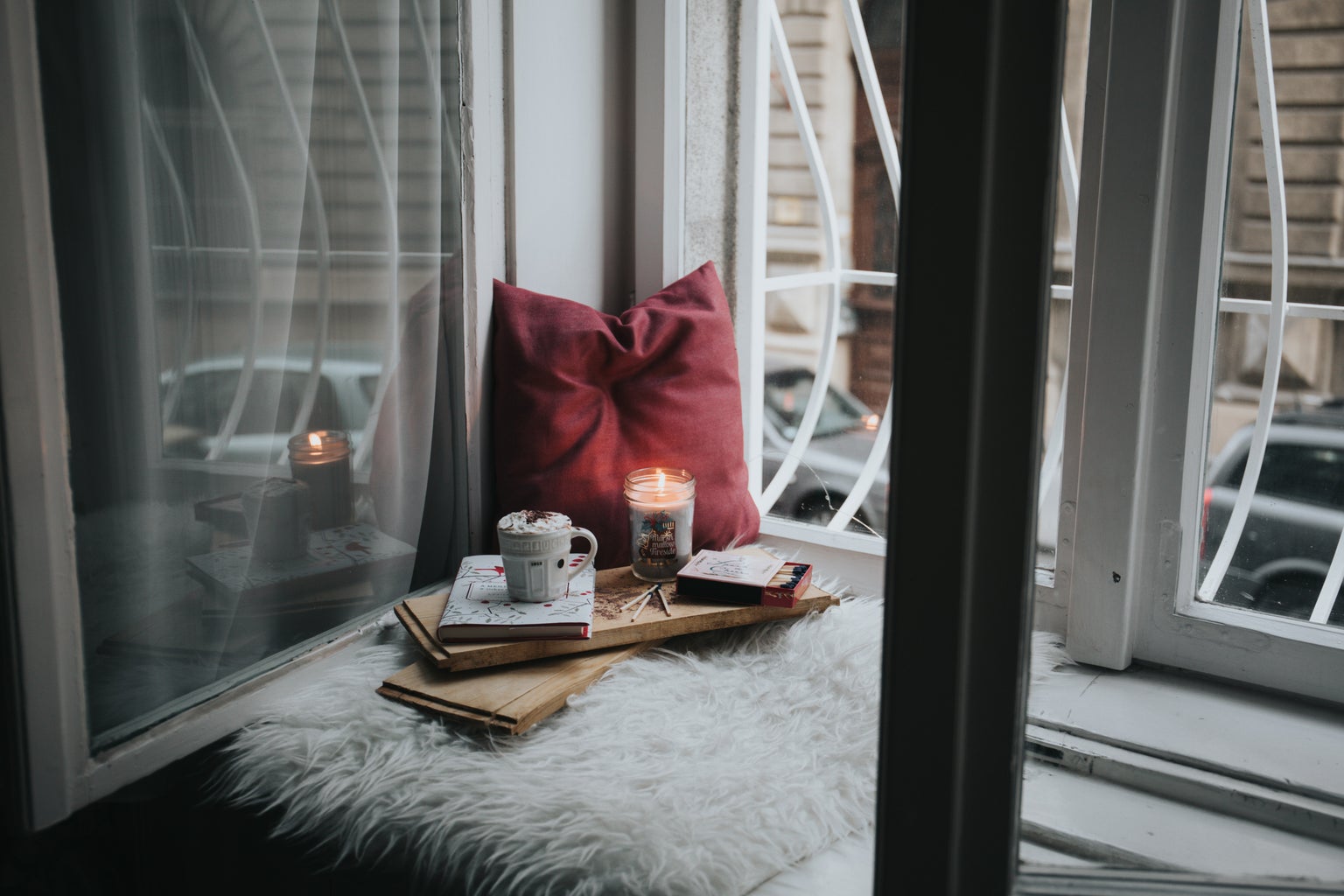As part of my senior year, I’ve been on a self-improvement journey. Go out with a bang, right? I’ve tried lots of different things: new workouts, journaling, and perhaps most importantly, meditating. I’ll be the first to admit it — I used to be a meditation hater. I was so reluctant to try it. It just felt so silly to me, and I couldn’t get over that hurdle. I’ve since learned that while it might not be for everyone, after trying it off and on for the past few years, I can confidently say that it has significantly helped me.
My meditation journey began in my junior year of high school during COVID. I was looking for an outlet for stress relief with everything going on, and I ended up stumbling upon Headspace. At the time, Headspace had an extended free trial for their Premium subscription for those struggling with the impacts of the pandemic. Despite my initial reluctance to meditate, I decided to try it. I ended up loving it. I really enjoyed keeping my meditation streak, meditating while I walked outside, and having something guide me through the harder parts of life.
So, what is meditation? The definition is kind of vague: NIH defines meditation as a practice that involves focusing your mind and body to achieve a state of awareness. This can look like a lot of things; for me it looks like guided meditation and breathing exercises, but for someone else it could look completely different. That is one of the perks of meditation that I’ve found: you can completely cater it to what you’re needing in a certain moment. I’ve even seen classes at the Rec Center at UMass adapt their classes to have a group deep breath during the cool-down. This is just one of the meditation practices that you can adapt into your daily life if you don’t want to dive into full meditation sessions right away.
Both my background in Psychology and my personal experience with meditation have shown me that there can be a lot of positive health benefits to meditating. NIH.gov details some of the research around meditation, stating that mindfulness practices like it “were better than no treatment at all, and they worked as well as the evidence-based therapies [for treating anxiety and depression]”. There is also research that suggests that mindfulness practices such as meditation can help for treating pain, high blood pressure, insomnia, PTSD, and other psychological disorders.
During times of uncertainty, meditation has been a self-care tool that has helped me greatly. I do not claim to be a “meditation guru”: I often lose my streak of meditating, or fall out of the habit. You do not have to be meditating every day to reap some of the benefits. For me, a big part of meditating is being kind to myself while doing it. It never has to be an “all-in” thing. In sum, it doesn’t hurt to try meditation, no matter what stage of life you’re in: whether that be through a meditation app, or just taking some extra time to breathe.
Can’t get enough of HC UMass Amherst? Be sure to follow us on Instagram, listen to us on Spotify, like us on Facebook, and read our latest Tweets!




